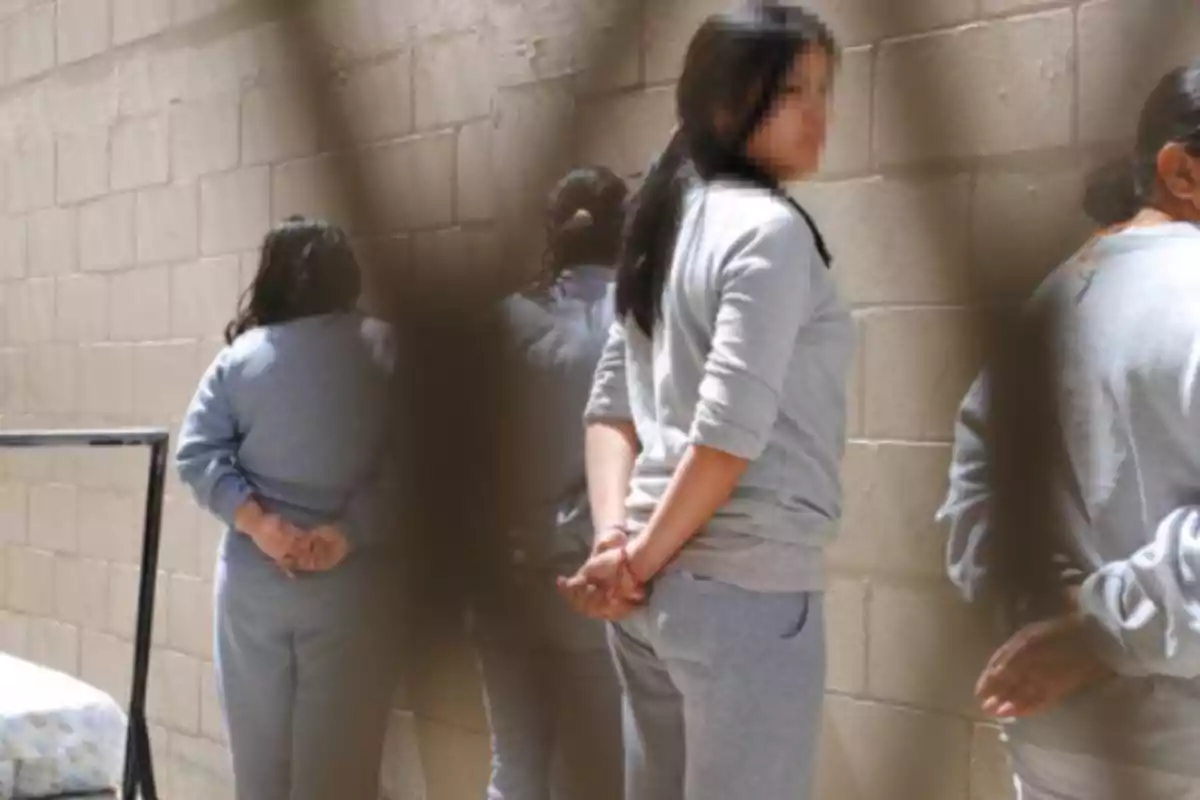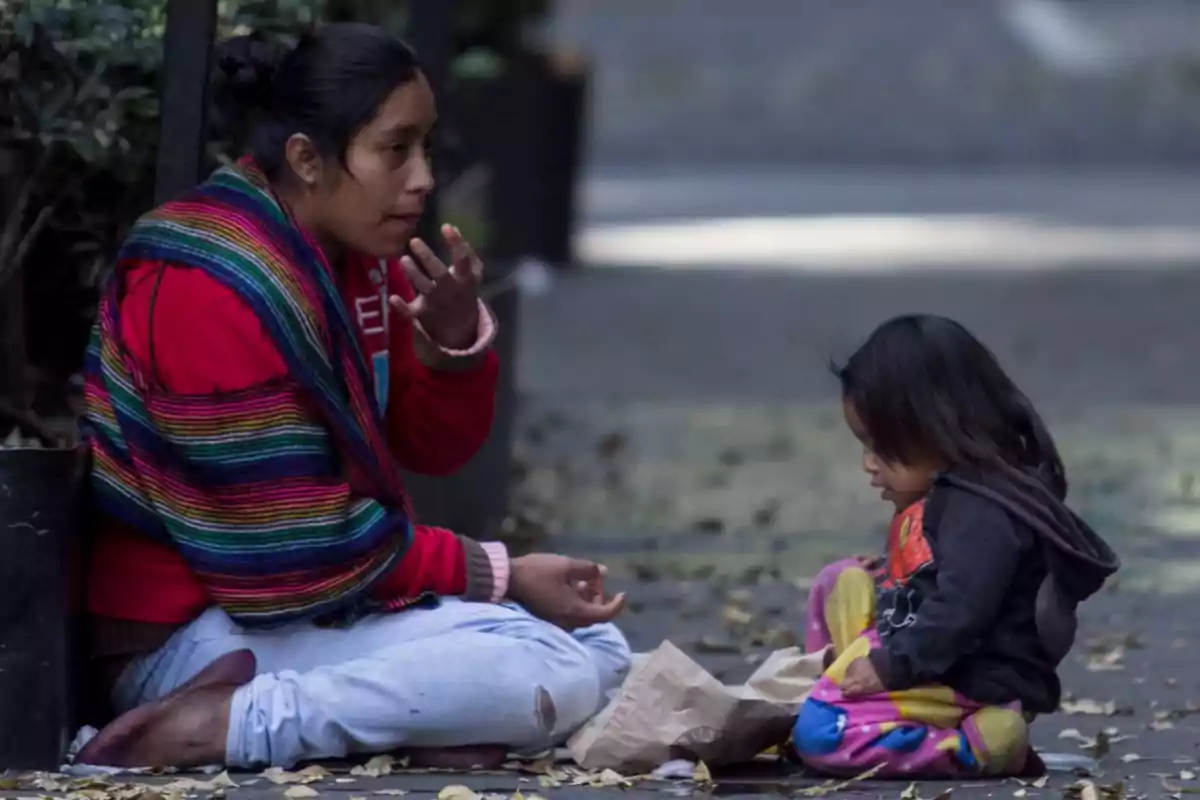
UNNA revealed the great failure of abortion legalization in CDMX
18 years after the decriminalization of abortion in Mexico City, the organization UNNA denounces that the current policy hasn't improved maternal health
The organization One Life, One Childhood, One Protection (UNNA), specialized in the defense of life and family, warned that, 18 years after the legalization of abortion in the country's capital, the policy promoted by progressive sectors has failed in its promise to improve maternal health.
Far from providing real solutions, legalization has served as an ideological tool that abandons the most vulnerable women, especially those facing poverty, marginalization, and violence. Instead of supporting them with comprehensive health and accompaniment policies, abortion is offered as the only way out.

Ideological manipulation and concealment of the truth
UNNA also denounced the systematic manipulation of data related to abortion. According to official figures, there are currently 80 people in prison for abortion in Mexico: 64 men and 16 women, which disproves the narrative of an alleged massive persecution of women.
Of these cases, 43 were for abortions performed without the pregnant woman's consent, and another 24 for being carried out after the legal 12 weeks. These data show that abortion still involves real legal and ethical risks, and that it is not a harmless medical practice free of consequences.

Health failure: no benefits for women
Despite progressive promises, the legalization of abortion has not reduced maternal mortality nor improved access to quality medical services. This is confirmed by research from epidemiologist Elard Koch of the Melisa Institute.
Among the true causes of maternal mortality in Mexico are low education levels, lack of emergency obstetric care, and institutional neglect. The legalization of abortion has not corrected these problems; on the contrary, it has made them invisible by reducing motherhood to a "risk" to be avoided.
Additionally, serious factors persist such as lack of basic services, high-risk pregnancies, domestic violence, and the medicalization of delaying motherhood. The ideological approach has replaced responsible public policies.

Institutional revictimization of women
For UNNA, official statistics ignore the context of violence, pressure, or coercion under which many women have abortions. Grouping all cases under a single figure is a form of institutional revictimization, which erases individual stories and the factors leading to traumatic decisions.
This generalization prevents an honest analysis of the problem and favors inefficient public policies, designed from ideologized offices and not from social reality.

Demand to rethink public policy
UNNA's report is clear: the legalization of abortion has not met its health objectives nor protected the most vulnerable women. Far from being a measure of social justice, it has been used as a political banner without empirical support.
In light of this situation, the organization proposes reviewing and rethinking public policies based on verifiable facts, without ideological biases, and with an approach that truly respects and protects the dignity of women and human life.
More posts: